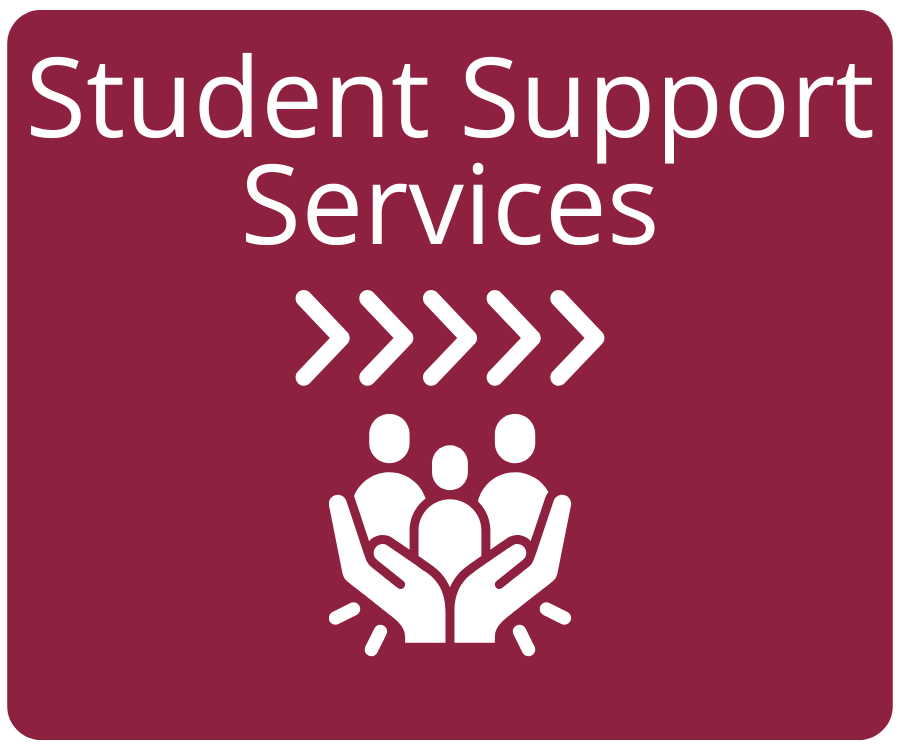Is it fair to give extra time to students with disabilities when other students have to work under time constraints?
Yes. A disability can significantly impede a student’s ability to process information quickly or it can cause problems with seeing or writing. Giving students additional time is fair as long as the accommodation does not fundamentally alter the nature of the course.
Do I have the right to give a student needing testing accommodations another form of the class exam?
Yes. If the exam is not scheduled in the same time frame as the class exam, then you can reformat it in order to protect the test’s integrity. However, the reformatted test would still need to cover the same information as the class exam.
What does SAS do to ensure that a student does not cheat on an exam?
On the day of the exam, students are allowed to bring into an empty room only those aides which have been approved by the instructor on the Testing Accommodation Request Form. It is imperative that this form is filled out in detail and returned to the SAS Office as soon as possible after the student has given it to you. In addition, all bluebooks, scantrons, blank paper, and dictionaries are closely examined to ensure that nothing is written on them, and students are not allowed to take book bags or fanny packs into the test room unless they have been thoroughly checked.
What happens if a student is caught cheating?
The exam is stopped. The instructor is informed immediately as to the method of cheating. All students are held to the Student Conduct Code, and faculty members are encouraged to treat all students similarly when a violation occurs.
What happens if a student with a disability frequently causes unwarranted classroom disruptions?
Students with disabilities are held to the same Student Conduct Code as everyone else. Faculty members are encouraged to consult with SAS for possible intervention. A referral to the Dean of Students Services is also an option.
My course requires classroom participation and attendance. This is clearly stated in my syllabus and is a part of every student’s grade. What do I do with students whose disability causes them to be absent a significant amount of time?
If classroom attendance and participation are deemed to be essential components of your class and it is written as such in your syllabus, then students should be held to the same standard. It is the hope of the SAS Office that faculty will work with students who must miss occasional classes for disability-related reasons.
I have quizzes every day in my class. Must all of these quizzes be administered outside of the classroom through SAS?
It really depends on the student and the type of disability. Many students can complete a simple five-minute quiz in class. However, some cannot and will need access to a proctor or reader.
I have a policy of giving no makeup exams. Must I allow a student with a disability to make up an exam missed due to their disability?
Yes. If a student misses an exam for disability-related reasons, they are legally entitled to make up the exam.
I do not allow students to tape-record my lectures. Are students with disabilities who need to tape-record a class lecture legally entitled to do so?
Yes. However, you can require that all tapes be returned to you at the end of the semester or that they are erased.
How do I know which accommodations are authorized for a student?
You will receive an e-mail from the Student Services Coordinator for each disabled student enrolled in your course who requires accommodations.
What if I provide accommodations that are not indicated on the sheet or the student asks for an accommodation that is not listed?
You are only required to provide accommodations authorized by SAS. Always consult with SAS on the appropriateness of a requested accommodation that has not been clearly endorsed. If you decide to provide an accommodation not approved through SAS, then that is your individual choice.
What about English As A Second Language (ESL) students? They often request additional time to complete an in-class exam due to their unfamiliarity with the English language.
You are not required to provide extended time for in-class exams to ESL students unless the student has a documented disability that sanctions test accommodations. However, you may wish to discuss a given situation with the English as a Second Language coordinator.
What happens if I decide not to allow a student an SAS approved accommodation?
Students will be provided with all appropriate accommodations through SAS unless an instructor can prove that the accommodation will fundamentally alter the nature of a course or program. Students have the right to file a formal complaint with the Office of Civil Rights if denied reasonable accommodations. In addition, there have been cases in which students have filed for punitive damages against a faculty member.




